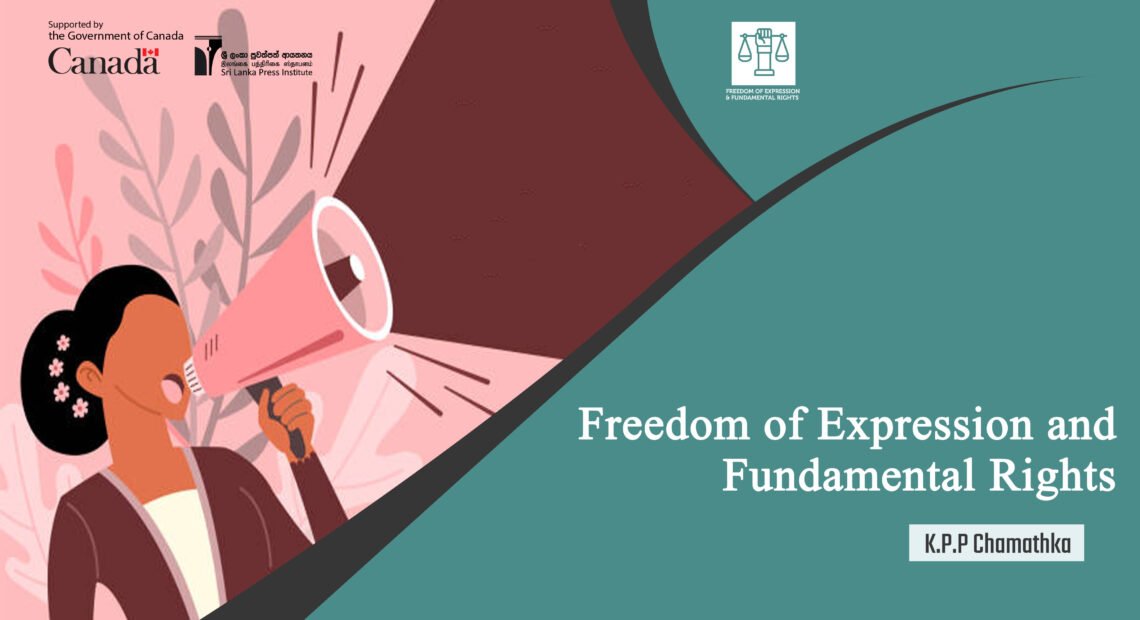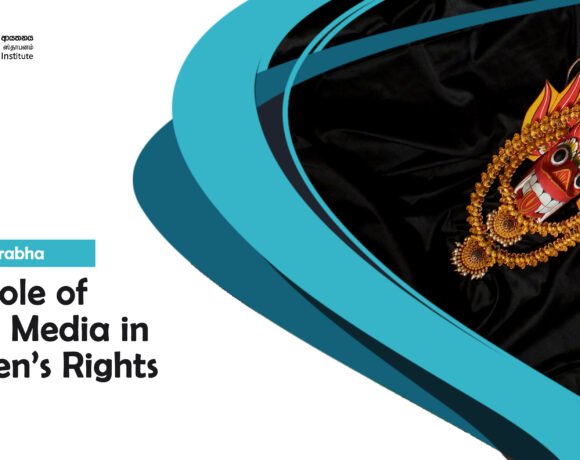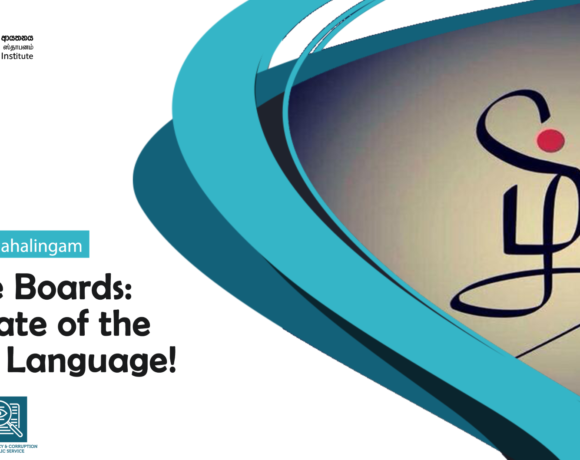
Freedom of Expression and Fundamental Rights
K.P.P Chamathka
“Whoever would overthrow the Liberty of a Nation, must begin by subduing the Freeness of Speech.” ~Benjamin Franklin~
The right to speech and expression is the right of man to communicate his ideas orally or through any other means. The right to freedom of expression is enshrined in many international and regional human rights documents, including the Universal Declaration of Human Rights and the International Covenant on Civil and Political Rights, because its security is essential to the democratic mechanism and the enjoyment of other rights.
Sri Lanka, as the signatory to these covenants on Human Rights, has this enshrined in Article 14 (1) of the 1978 Constitution as a fundamental right of all citizens. Article 126, which must be read in conjunction with Article 17, states that in the event of a fundamental right being violated or is about to be violated by an executive or administrative action, the person or an attorney representing them can file a petition with the Supreme Court within one month from the date of the violation. This means a process of remedial action is in place. At present, the situation has eased and it is possible to initiate proceedings even through a letter addressed to the Chief Justice.
Today, the limits of freedom of speech and expression through judicial interpretations have expanded. That is, in the right to freedom of expression, the right to information (Wimal Fernando v. Sri Lanka Broadcasting Corporation (1996) 1 Sri LR 157) and the right to vote (Janatha Vimukthi Peramuna v. Attorney General and others (SC / FR / 768/2009). It is acknowledged that freedom of expression is covered not only by verbal communication but also by means of protests, billboards, and black gloves (Amaratunga v. Sirimal (1993 1 Sri LR 264).
Freedom of expression is not an absolute right and this makes it possible to subject this freedom to certain restrictions. Article 15 of the Constitution sets out the purposes for which these restrictions can be made. That is, to ensure ethnic and religious cooperation, contempt of court or incitement, as well as protection of national security, public health and morals. It states that freedom of speech is subject to the provisions of law for the protection of civil liberties and freedoms, and for the common good of a democratic society.
The courts usually use the Three-Pronged Test to determine when a violation occurs.
For Freedom of Speech to be enjoyed, it must:
- Be done as prescribed by law and where the intention is clear and unambiguous.
- Show that it is done to achieve a certain legal purpose.
- Be done with the understanding that limitation is essential for the existence of a democratic society, an
- Have a fair connection between the purpose of the government.
If at least one of these points is violated, then the law recognizes that one has violated their freedom of speech.
History provides examples of instances where the government has at times violated the right to freedom of expression by censoring the media, torturing and killing journalists, as well as banning social media. At the same time, the freedom of expression of citizens can be abused through hate speech and misinformation. Therefore, it is the responsibility of both parties when it comes to freedom of speech. The government must take action to protect the fundamental right to freedom of expression and citizens must use their right to exercise freedom of expression in a proper manner.








